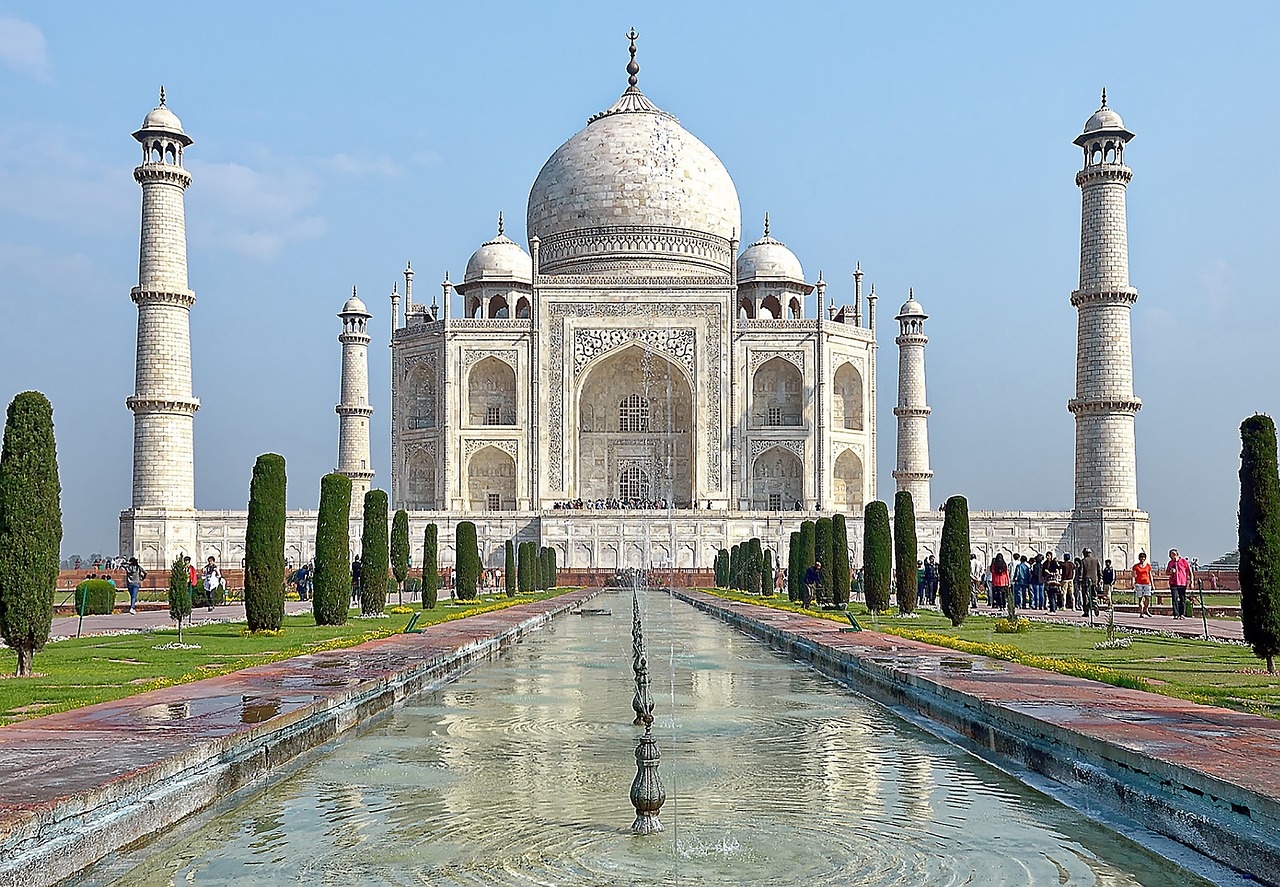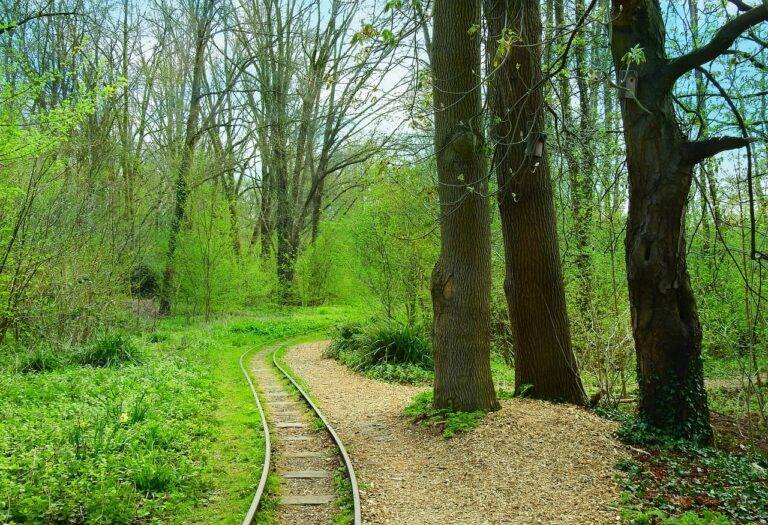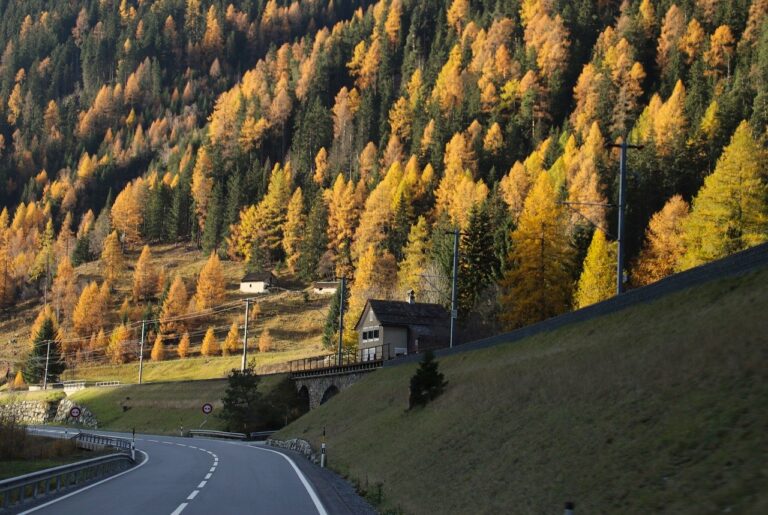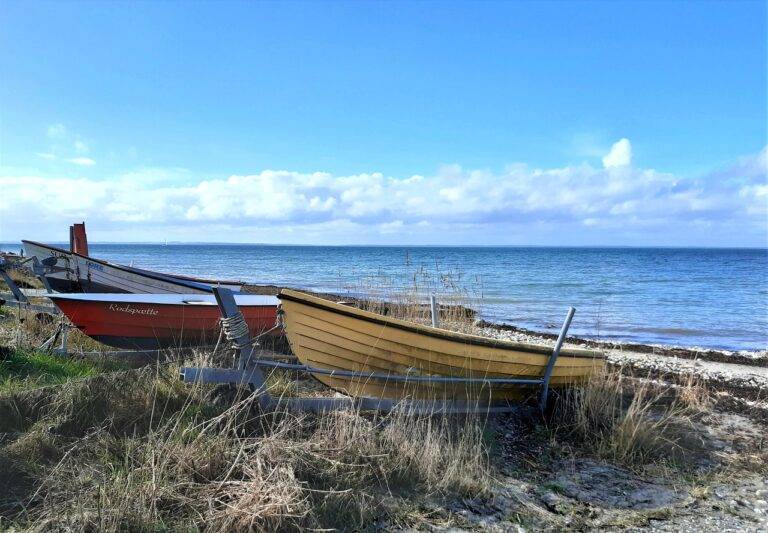Exploring Dark Tourism: Visiting Sites of Historical Tragedy with Respect
Dark tourism involves visiting sites that are associated with death, disaster, or tragedy. These locations hold a macabre fascination for some individuals, drawing them to places like former concentration camps, natural disaster zones, or sites of terrorist attacks. Rather than seeking typical vacation destinations, dark tourists are intrigued by the grim history and somber atmosphere that pervade these places.
The appeal of dark tourism lies in its capacity to provoke reflection and contemplation on the darker aspects of human history. By visiting sites of past atrocities, individuals can gain a deeper understanding of the suffering and loss that occurred there. For some, these journeys serve as a form of education, fostering empathy and encouraging them to confront the harsh realities of the past.
The Psychology Behind Dark Tourism
Dark tourism, a phenomenon that involves visiting sites associated with death, tragedy, or suffering, can be a perplexing subject when considering the motivation behind individuals’ attraction to such somber locations. Despite the morbid nature of these sites, many people are drawn to them for various reasons, which psychologists have been exploring in recent years.
Research suggests that dark tourism enthusiasts are often captivated by the opportunity to confront mortality and contemplate their own existence. By engaging with sites of historical significance, individuals may seek a deeper understanding of human nature and the fragility of life. The experience of visiting these haunting locations can evoke a range of emotions, offering a unique perspective on the complexities of human behavior and the ways in which we process grief and tragedy.
What is dark tourism?
Dark tourism, also known as black tourism or grief tourism, refers to visiting places that are associated with death, tragedy, or suffering. This can include sites of natural disasters, war zones, former concentration camps, prisons, or even sites of famous murders.
What attracts people to dark tourism sites?
People are attracted to dark tourism sites for a variety of reasons. Some may be interested in learning about history and gaining a deeper understanding of the human experience. Others may be drawn to the thrill of exploring forbidden or taboo locations. Additionally, some individuals may be seeking a sense of connection or closure with their own experiences of loss or grief.
Is dark tourism ethical?
The ethics of dark tourism can be a complex and nuanced issue. While some argue that it is important to remember and learn from past tragedies, others believe that it is exploitative or disrespectful to visit sites of suffering for entertainment. Ultimately, the ethicality of dark tourism may depend on the intentions of the visitor and the way in which they engage with the site.
How does dark tourism impact mental health?
Dark tourism can have a range of impacts on mental health. Some individuals may find visiting these sites to be cathartic or healing, providing them with a sense of closure or connection. However, for others, the experience may be overwhelming or triggering, leading to feelings of sadness, anxiety, or distress. It is important for individuals to consider their own emotional well-being before engaging in dark tourism activities.





